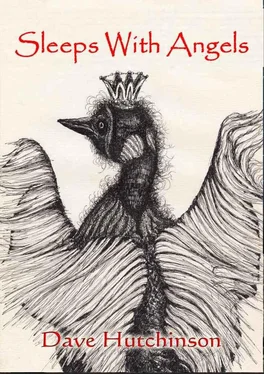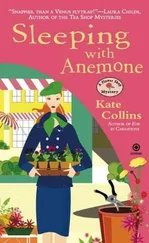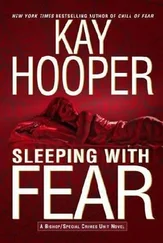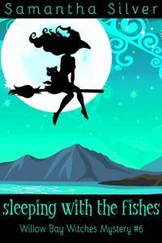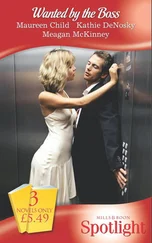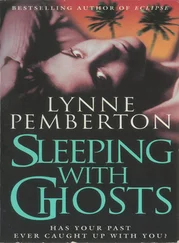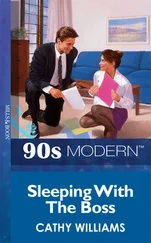All The News, All The Time, From Everywhere
On the first of August, Rex killed the pig.
He didn’t do it willingly, but none of us was really sorry to see it go. It was an enormous, bad-tempered bastard that we’d been keeping in a shed around the back of the office for months, feeding it on an outrageous stinking swill that Harry kept going in a big pot with scraps and garbage begged and borrowed from some of the schools in the area.
If it had been left to us, the pig would have starved to death, because it smelled like a sewer and attacked anything that moved, but Rex made us draw up a feeding rota, and every four days it fell to me to approach the shed with two buckets of swill, gingerly open the door, and pitch the buckets inside before slamming the door shut again. For such a big animal, with such little legs, the pig was colossally quick, and it had jaws like bolt cutters.
Rex was ashamed of the pig. It was the living, breathing, grunting embodiment of just how badly the Globe was doing. The yard behind the office was choked with empty cages and wire boxes and wooden stalls, where once there had been a thriving menagerie of goats and sheep and chickens and rabbits and pigeons and even the odd badger or two. Now they were all gone, and all we had was the pig.
Still, he put off killing it as long as he could. He and Harry went out onto the moors and trapped crows. Local poachers sometimes brought in foxes or rabbits. Ben produced his astrological charts. Lucie examined the interior of everyone’s teacup. And in this way the Globe continued to bring the news to our particular little corner of Derbyshire. It wasn’t very exciting news, but considering what we had to work with it was a miracle we got a paper out at all.
But it wasn’t enough. The advertisers started to fall away, leaving us with great gaping holes in the paper, which I was sent out to fill with microscopically-nitpicking accounts of Women’s Institute meetings, weddings and funerals. I went to so many weddings and funerals that the vicar only half-jokingly suggested I might like to stand in for him sometimes.
And it still wasn’t enough. Rex watched the paper haemorrhaging money, looked bankruptcy in the face, and killed the pig.
He did it in the afternoon, when the Summer heat had built up enough in the newsroom to make the air stand still despite the fans, and the staff were quietly nodding off over their typewriters.
My fan had just run down again, and I’d got up to wind its clockwork when there was this incredible unearthly screech from outside and everyone in the office sat bolt upright.
We all looked at each other, and that awful noise came again. It was the sound of every nightmare HP Lovecraft ever had coming to destroy civilisation. It was the sound of a man discovering that his entire family had been wiped out in a gas explosion. It was the sound of a thousand young children being hurled into the whirling blades of a combine harvester.
It stopped.
I looked at Ben and raised an eyebrow. He said, “You don’t suppose he’s…” and Lucie shrieked as the back door of the office opened and an awful apparition stepped through.
Rex was covered in blood from head to toe. It was dripping from his nose and his earlobes and the point of the foot-long butcher’s knife he was holding in his hand. He was breathing hard but his eyes were shining.
“Biggest one-day fall in the Dow for two years,” he panted, pointing the knife at me. “Forest fires threaten Malibu. Government troops clash with logging company employees in Borneo. Russia devalues the ruble for the third time this year. Moon Sagan and Buff Rodney say, ‘This time it’s the real thing’.” He took a ragged breath. “What are you waiting for?” he shouted. “If we’re going out, we’re going out in style. Type, you bastards!”
At the desk behind me, Harry heaved a huge sigh. “That’ll be pork chops all round, then,” he said.
The Globe’s favourite watering hole was the Royal Oak, by virtue of the fact that the paper’s offices were right next door, but I preferred the Duke Of York, which was half a mile away on the other side of the village but had the advantage of being half a mile away from the nearest newspaper office.
This early in the evening, the Duke was almost empty. Before The Crash, it had done a roaring trade in the summer from tourists visiting the local caves and hard-core walkers setting off on the notorious Gilbert Dyke Walk, which managed to take in some of the most inhospitable scenery in Northern England between here and Hadrian’s Wall. These days, the pub got by on a deal with a microbrewery in Castleton and some quite staggering customer loyalty among the locals, although tourists were starting to drift back again.
This evening, however, the only occupants of the place were Seth the landlord, and Liam Goodkind, editor and proprietor of the Chronicle, Belton’s other newspaper.
I stood in the doorway for a few moments, sensing disaster, but both Seth and Liam noticed me at the same time and nodded hello. Liam waved me over to his corner table as well, and by then it would just have looked rude to turn round and walk out again, so I went over and sat down.
“I don’t want any trouble, Liam,” I said.
“Well, me neither, old son,” he told me. Raising his voice, he said, “Seth, get this boy a drink.” He raised an eyebrow at me.
“Lager and lime,” I said, feeling miserable.
“Oh, for Christ’s sake.” He slapped me on the knee. “Rex won’t sack you for having a drink with me.”
“You sacked Robbie Whittaker for having a drink with Rex.”
“Robbie was a bad lad.” Liam lifted his glass and took a thoughtful sip of whisky. “He was robbing me blind. And he couldn’t write to save his life. Had to go.”
Seth came over with my pint glass of lager and lime on a tray. He was a little bald man with a port-wine stain down the right side of his face. He’d been the Duke’s landlord for about twenty years but most of the locals still regarded him as a newcomer. I hadn’t been in Belton nearly as long as he had, and it was faintly depressing to know that I still had several decades ahead of me before I was regarded as anything but That Bloke from London.
“Anything else, gents?” Seth asked us, and Liam shooed him back behind the bar with a languid wave of his hand.
When Seth was more or less out of earshot, Liam said, “I heard about the pig.”
“I told you, I don’t want any trouble.”
He looked offended. “How can this be trouble? Two newspapermen discussing business over a drink. How can it be trouble?”
“It can be trouble in all sorts of ways, Liam. You know that.” I took a mouthful of my drink and became nostalgic for the days of refrigeration, the days when you could just put your hand into one of those plastic bar-top buckets and scoop up a handful of ice cubes and drop them into your lager and lime.
“You’re too suspicious,” Liam told me. His attire today was Country Gentleman In Summer: white flannels, checked shirt with the sleeves rolled up above his elbows to show muscular forearms dotted with freckles and hazed with fine sandy hair, a pair of battered old brogues and a Guards tie, even though the nearest he had ever been to the military was when he sold fifteen hundred acres of his land to the Ministry of Defence to use as a firing range. He looked every inch the Gentleman Farmer, but he had once been managing editor of a newspaper in Manchester, until the death of his universally-disliked father had brought him back to the village.
“I’m not going to tell you what we got,” I said. “You’ll have to read it in the paper.”
“Well, of course I will.” He smiled and took a tin of small cigars and a lighter from the breast pocket of his shirt. “I’m a big fan of the Globe. I’m going to miss it.”
Читать дальше
